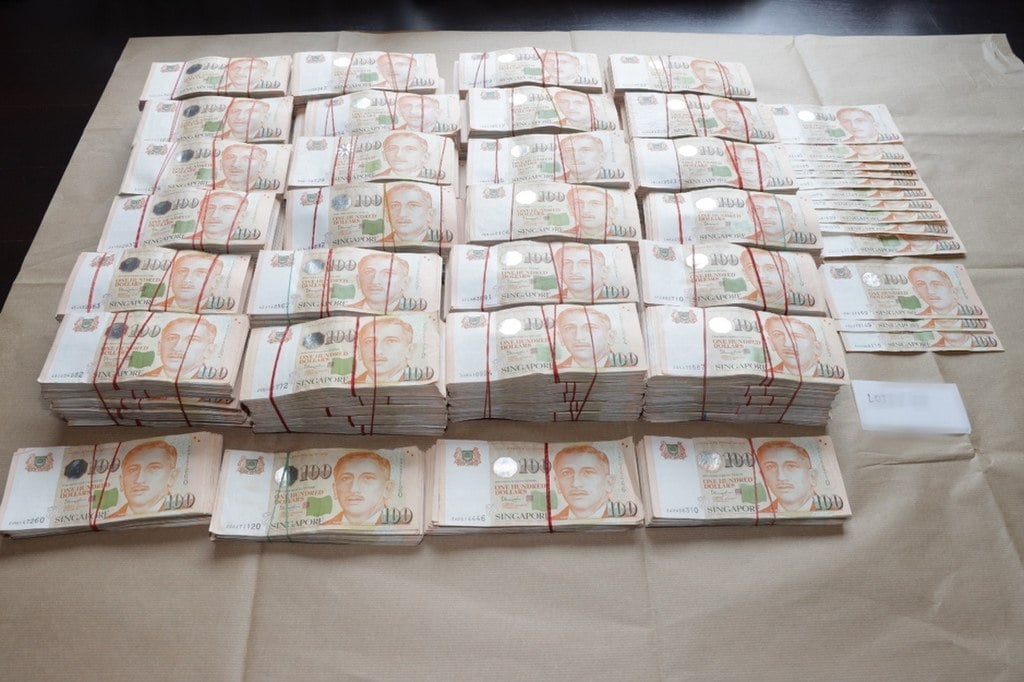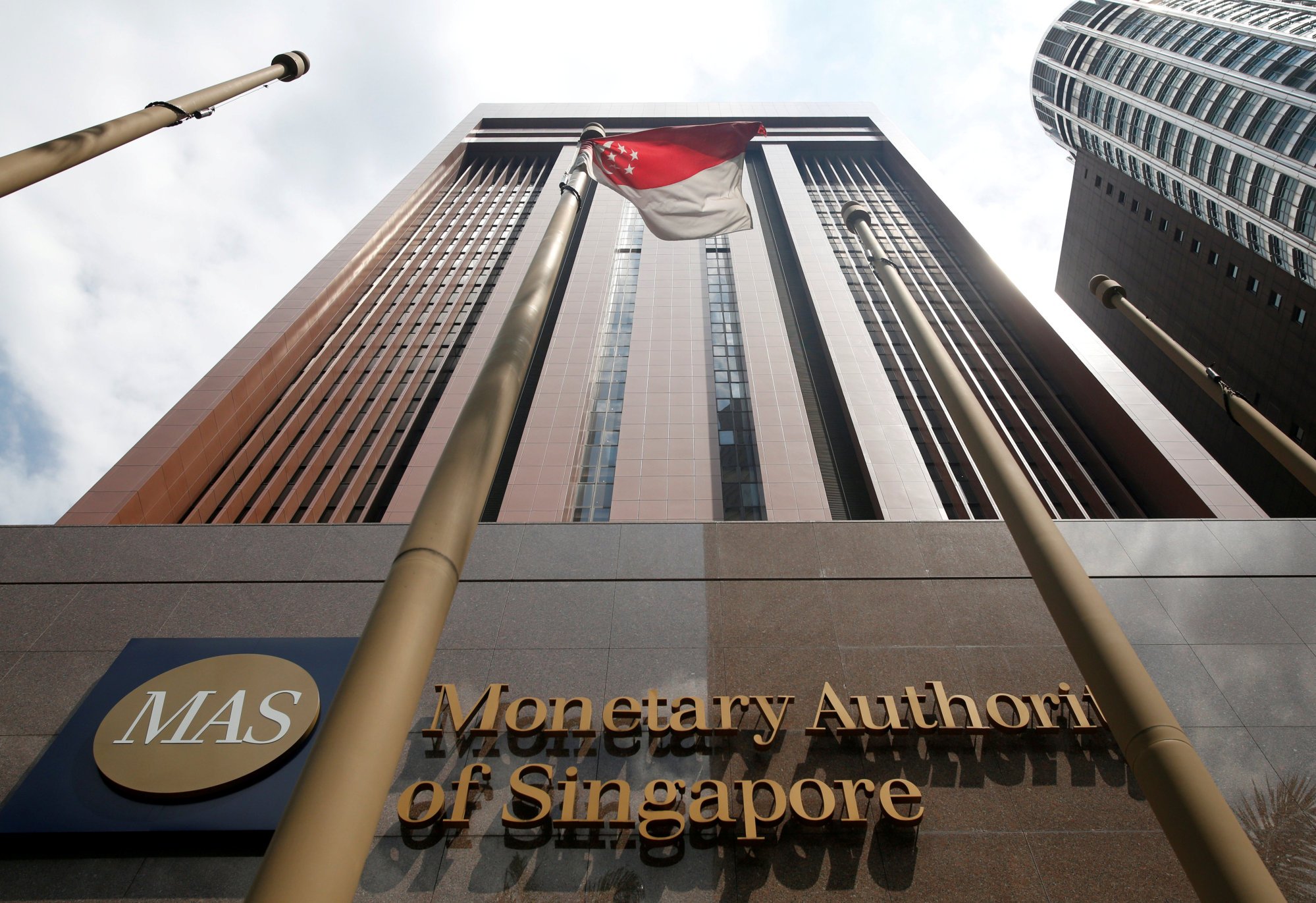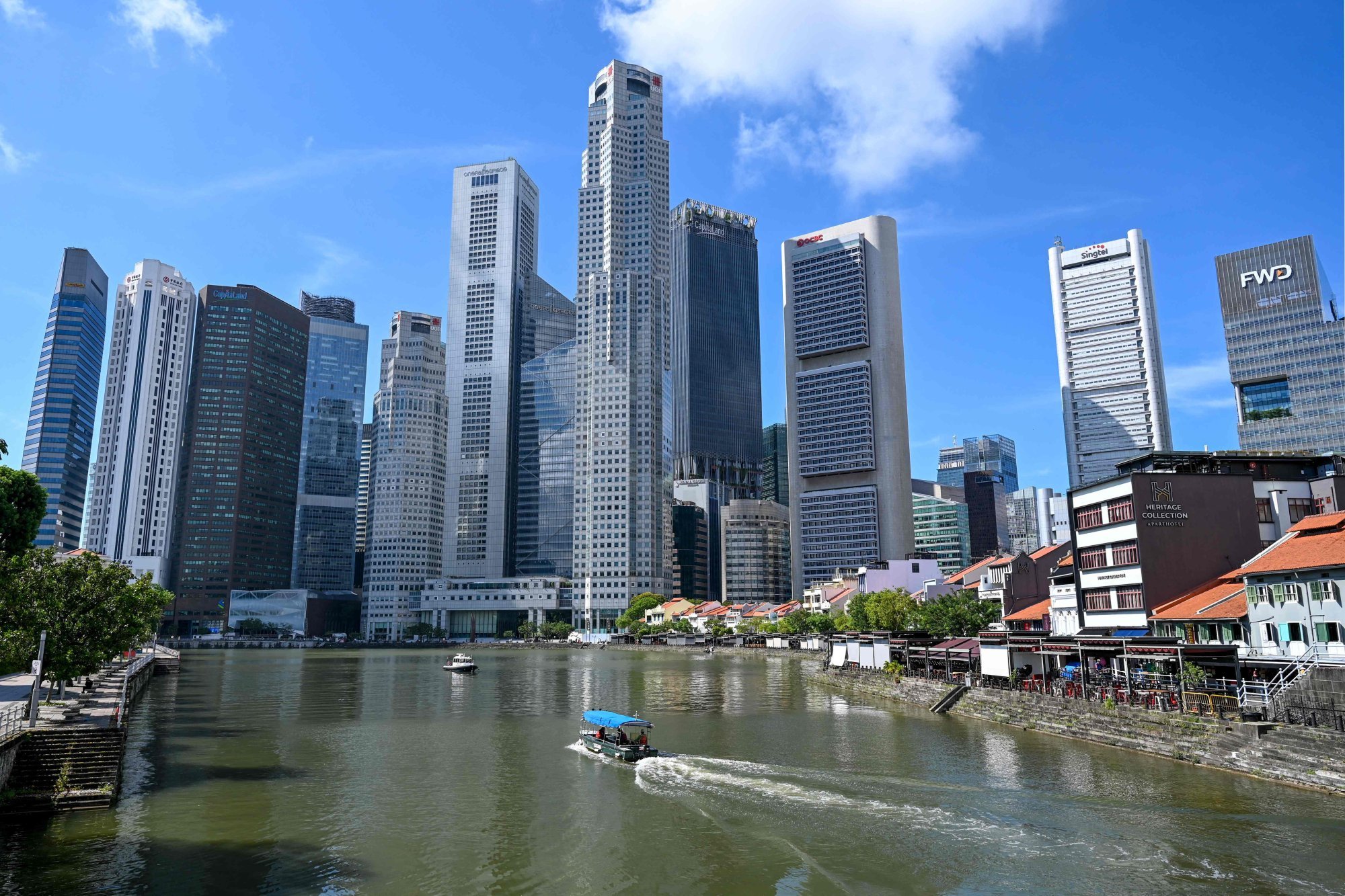Singapore money laundering: UBS, UOB among banks hit with millions in penalties
Capital market services firms and a trust company also faced hefty penalties for their inadequate anti-money laundering measures

The Monetary Authority of Singapore (MAS) has issued nine banks, capital markets services licence holders and trust companies composition penalties totalling S$27.45 million (US$21.55 million) over breaches tied to a S$3 billion (US$2.36 billion) money-laundering case that shook the city state.
MAS said on Friday the latest regulatory moves marked the end of enforcement action against financial institutions with connections to the case. All nine financial institutions have accepted the penalties for their violations arising from the largest money-laundering case ever in Singapore.
In August 2023, Singapore’s authorities began their high-profile arrests of 10 people of Chinese origin who were found to be linked to an online gambling syndicate known as the Fujian gang. They used their ill-gotten gains to buy lavish items including high-end properties, luxury cars, jewellery and designer goods. Other individuals involved in the scheme remain at large.
As of December 2024, assets amounting to around S$2.79 billion had been surrendered to the state, the home affairs ministry said earlier this year.
The latest penalties by the MAS come second to S$29.1 million penalties issued against financial institutions with operations in Singapore following the 1Malaysia Development Bhd (1MDB) scandal. Among them, BSI Bank faced the largest penalty at S$13.3 million and lost its bank license here for serious breaches in anti-money-laundering requirements.
In the latest set of penalties, Credit Suisse Singapore, which has been acquired by UBS, received the largest penalty of S$5.8 million.
MAS said Credit Suisse Singapore’s penalty took into account a separate case involving a non-prosecution agreement between the bank and the US Department of Justice (DOJ) on May 5. The DOJ said then that between 2014 and June 2023, Credit Suisse Singapore held undeclared accounts for US persons with total assets valued at over US$2 billion. This was in relation to a case involving the bank conspiring to help US customers conceal their assets to evade taxes.

The other banks that faced MAS’ composition penalties are United Overseas Bank, at S$5.6 million; UBS, at S$3 million; Citibank, at S$2.6 million; Bank Julius Baer, at S$2.4 million; and LGT Bank, at S$1 million.
Capital market services firm UOB Kay Hian got a S$2.85 million penalty, while Blue Ocean Invest received a S$2.4 million penalty. Trident Trust Company was handed a S$1.8 million penalty for its involvement.
MAS said it found that most of the financial institutions had established anti-money-laundering and anti-terrorism financing measures, and the breaches arose out of “poor or inconsistent implementation of these policies and controls”.
The central bank found shortcomings in customer risk assessment, establishing and corroborating the source of wealth of customers, transaction monitoring and post-suspicious transaction report follow-ups. All nine institutions, for example, did not detect or adequately follow up on significant discrepancies or red flags that would have cast doubt on customers’ source of wealth.
It also issued prohibition orders ranging from three to six years to four staff members of Blue Ocean Invest who managed relationships with persons of interest in the money laundering case. These employees failed to have adequate policies, including checks on sources of wealth, customer name screening and due diligence. Some failed to raise red flags when they were aware of suspicious information on multiple persons of interest.
The four individuals cannot provide any service regulated or authorised by MAS, cannot take part in the management of any financial institution, or become a substantial shareholder of any financial institution.
Five other individuals were also reprimanded for multiple lapses. Three were from Trident Trust and two were from UOB.

MAS said it reviewed the conduct of other employees of the financial institutions connected to the cases but did not find evidence of significant lapses by most of them. It may take action against a few remaining individuals after the conclusion of ongoing court proceedings or investigations.
Criminal court cases are currently under way for two former bank relationship managers from Citibank and Bank Julius Baer who are accused of forging bank documents, among other things, in relation to the million laundering case.
There were also six single-family office funds in Singapore that were linked to the case and given tax benefits. Deputy Prime Minister Gan Kim Yong said in July last year that the benefits were withdrawn after the family office owners or spouses were charged or convicted. Family office funds in Singapore are not required to be registered or licensed by MAS as they do not manage third-party funds.
Ho Hern Shin, deputy managing director of financial supervision at MAS, said: “Like other major international financial centres, Singapore is exposed to money laundering risks. The vigilance of our financial institutions and their employees is critical in mitigating such risks.”
The authorities would work with financial institutions to promote consistent implementation of anti-money-laundering measures and take firm action against financial institutions and their employees in the event of serious failings, Ho said.
Singapore has rolled out a raft of measures to enhance its anti-money-laundering regime after the case prompted critics to question the city state’s squeaky-clean reputation.

Last June, Singapore’s first national asset recovery strategy was unveiled, detailing its approach to seizing unlawful proceeds and handling the confiscation or restitution of associated holdings.
In October last year, Singapore published a national anti-money laundering strategy, which outlined its approach to address money laundering risks and actions to combat money laundering amid rapidly changing risks.
Singapore ranked 110 out of 164 financial centres – where 164 is lowest risk – in the Basel AML Index 2024, which evaluates money laundering and terrorist financing risks, putting it ahead of rival hubs Hong Kong and Japan but behind South Korea and Taiwan.